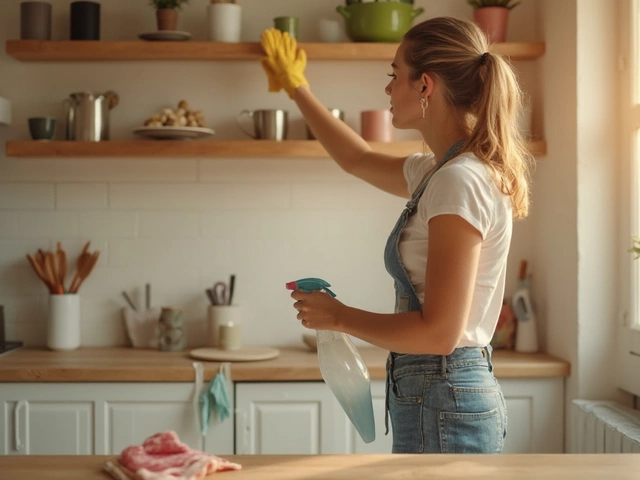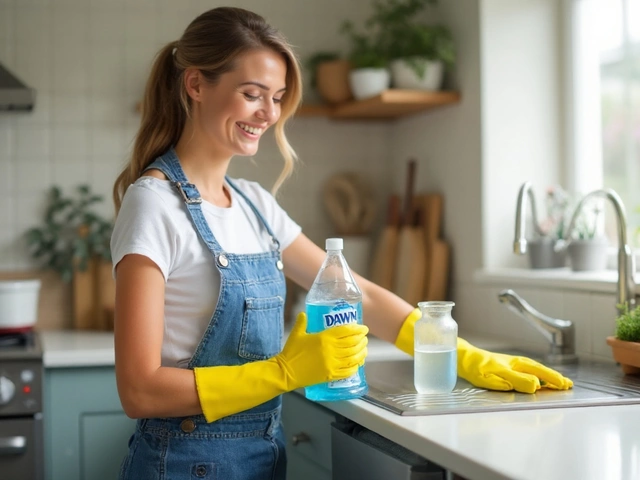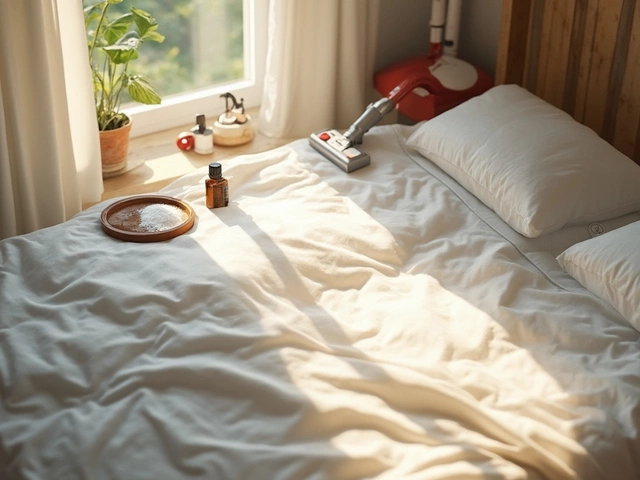Household Tips for a Cleaner Home
When you start looking at Household Tips, simple, actionable advice that helps you keep every part of the house tidy, safe, and efficient, you quickly see how they link to other everyday chores. For example, Oven Cleaning, the process of scrubbing away baked‑on grease, burnt food and carbon build‑up from kitchen ovens is a core part of any routine. Likewise, Window Cleaning, removing dust, grime and hard‑water streaks from glass surfaces brings natural light back into rooms. DIY Cleaning Solutions, homemade mixes using baking soda, vinegar, lemon and other safe ingredients let you avoid harsh chemicals, while understanding Cleaning Costs, how much you should budget for professional services or supplies keeps your household finances in check.
Why These Tips Matter
Think of Household Tips as a toolbox. The toolbox encompasses oven cleaning, window cleaning, and DIY solutions. It requires a bit of know‑how about safe ingredients, the right tools, and a realistic budget. When you apply these tips, you’ll notice three things: first, your appliances run more efficiently, which influences energy bills; second, surfaces stay brighter for longer, which reduces the frequency of deep‑clean sessions; third, you gain confidence to tackle larger projects like spring cleaning or occasional power‑washing tasks.
Take oven cleaning as an example. The 2025 guide on the best homemade oven cleaner shows that a blend of baking soda, vinegar and a dash of lemon can melt years of grime without damaging the interior coating. That article also explains safety steps—ventilation, gloves, and test patches—so you avoid accidental burns. Meanwhile, the window‑cleaning posts break down the science of streak‑free glass, recommending a two‑step approach: a quick vinegar‑water rinse followed by a squeegee pull at a 45° angle. Both pieces illustrate how a single tip can become a repeatable habit.
Budget‑savvy readers will appreciate the posts on cleaning costs. One article details average rates for professional oven cleaning in the Isle of Wight, while another compares DIY product costs versus hiring a service. Knowing that a DIY solution can cost under £5 versus a £50 service call helps you decide when to roll up your sleeves and when to call a pro.
All of these ideas sit under the broader umbrella of household maintenance. Whether you’re curious about the profit potential of a pressure‑washing side hustle, the environmental impact of commercial cleaners, or the steps to a proper spring clean, the collection below gives you a roadmap. Scroll down to discover step‑by‑step guides, real‑world earnings examples, and science‑backed cleaning formulas that turn a messy house into a home you actually enjoy.





